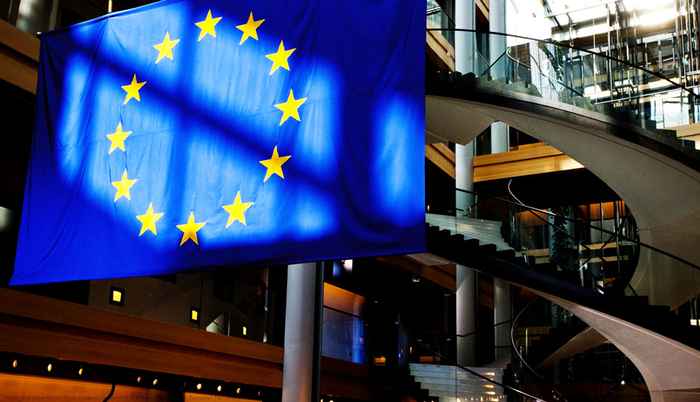PPLE subjects
Examples of academic interests within the programme
How should we organise and supervise financial markets?
The economic and financial crises of the last few years have shown that greater competition does not always result in markets functioning in the best possible way. Some question whether the credo ‘greed is good’ still prevails. The fall of Lehman Brothers investment bank, the Greek government debt crisis and the nationalisation of ABN Amro are all examples of the fact that the current system needs revising. There is a strong need for long term and sustainable policy on how to organise and supervise financial markets in the future. Questions that arise are: how transparent should markets be? What type of institutions should regulate the market? What role can and should international law play? How can we influence consumers’ behaviour? Insights from different disciplines are needed in order to solve this complex policy question.

Who is socially responsible in the global supply chain?
More than 100 people died in a fire in a garment factory outside Dhaka, Bangladesh last November. It sparked a huge international debate on the question of responsibility. In this specific example, some believe the local factory owner should be held accountable for the casualties. However, factory owners are under great political and economic pressure, since Bangladesh’s garment industry is the second-largest exporter of clothing after China. Clean clothes activists point the finger at Western brands like H&M, Walmart and C&A for wanting to keep prices as low as possible. But when following that train of thought, are we – the consumers – not ultimately responsible? Where there is no demand, there is no market. Responsibility in the global supply chain is a question of morality, justice, supply and demand, and legislation.
What is the future of our national government?
The national government is under pressure. The relationship between Dutch and EU law used to be quite straightforward and the Netherlands was willing to compromise some autonomy in order to gain economic advantages. The boundaries between the legal systems are, however, becoming blurred and more and more citizens are voicing their dissatisfaction with further EU integration. In many Western countries, political trust in governments is declining and people are questioning whether they are being adequately represented. This has, among other things, led to the rise of organisations like Wikileaks, which allow citizens to publish classified information on government and private institutions. But how does transparency influence authority? And does it indeed increase, or rather reduce international security? An important question facing policy makers is: what does the future hold for national governments, both from an economic, legal and legitimacy perspective?
